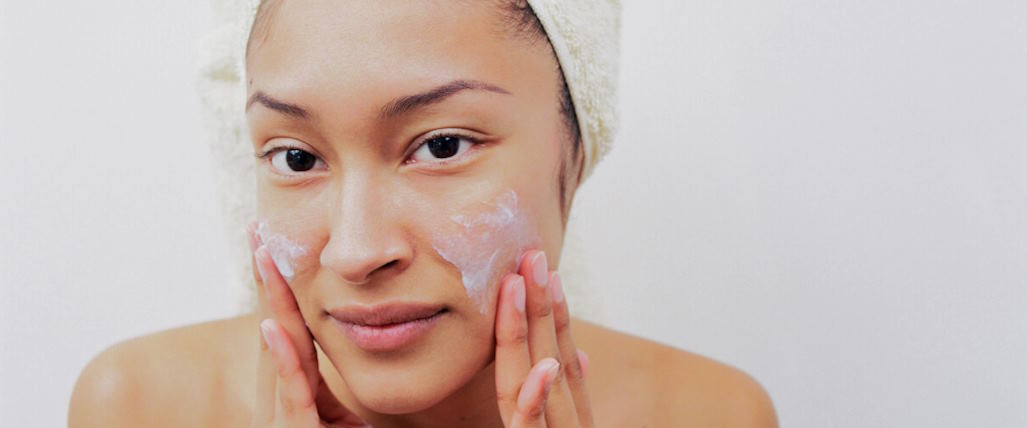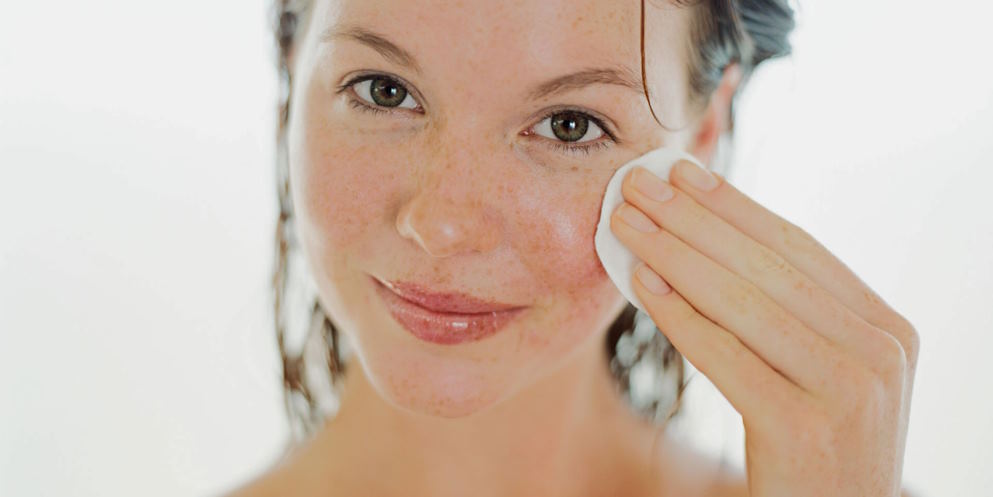
Healthy skin is more than just a beauty standard; it reflects overall well-being. Our skin, the body’s largest organ, serves as a protective barrier against environmental aggressors, regulates body temperature, and enables the sensation of touch. However, maintaining healthy skin can be challenging due to various factors that can compromise its integrity. From external aggressors to internal issues and poor lifestyle choices, numerous elements can affect our skin’s health. Understanding these enemies of healthy skin is crucial for developing effective strategies to protect and nurture this vital organ.
What factors can affect your skin?
| Environmental Factors | Lifestyle Choices | Skincare Habits | Internal Factors | External Factors |
| Pollution | Diet | Over-Cleansing | Hormonal Imbalances | Smoking |
| UV Radiation | Lack of Sleep | Incorrect Product Use | Genetics | Alcohol Consumption |
| Climate | Stress | Excessive Exfoliation | Exposure to Chemicals |
Let’s consider these factors a little bit closer:
Environmental Factors
Pollution
Pollution is a major adversary to healthy skin. Airborne pollutants such as smog, dust, and chemical particles can settle on the skin’s surface, leading to clogged pores, blackheads, and acne. Over time, these pollutants can penetrate deeper into the skin, causing inflammation, irritation, and oxidative stress. This accelerates the aging process and results in a dull, uneven complexion.
UV Radiation
Ultraviolet (UV) radiation from the sun is one of the most significant environmental factors affecting skin health. Prolonged exposure to UV rays can cause immediate damage in the form of sunburns and long-term effects such as premature aging, characterized by wrinkles, fine lines, and age spots. UV radiation can also damage the DNA in skin cells, increasing the risk of skin cancer.
Climate
Climate conditions play a crucial role in the state of our skin. Extreme weather, whether hot, cold, humid, or dry, can have adverse effects:
High temperatures and humidity can lead to excessive sweating and oil production, which can contribute to clogged pores and acne breakouts.
Low temperatures and humidity levels can strip the skin of its natural moisture, leading to dryness, flakiness, and irritation. It can also weaken the skin’s barrier, making it more susceptible to environmental damage.
Strong winds can cause physical damage to the skin, resulting in chapping and increased sensitivity.
Lifestyle Choices
Diet
What we eat has a direct impact on our skin’s health and appearance. A diet high in sugar, unhealthy fats, and processed foods can lead to inflammation and exacerbate conditions like acne and eczema. Foods with high glycemic indexes can cause spikes in blood sugar levels, leading to increased oil production and clogged pores. Conversely, a balanced diet rich in vitamins, minerals, and antioxidants, such as fruits, vegetables, lean proteins, and healthy fats, can promote clear, glowing skin.
Lack of Sleep
Adequate sleep is crucial for skin health. During sleep, the body undergoes repair and regeneration processes, including the production of collagen, which keeps the skin firm and elastic. Lack of sleep can lead to increased cortisol levels, a stress hormone that can break down collagen, leading to wrinkles and fine lines. Additionally, insufficient sleep can result in dull skin, dark circles, and puffiness around the eyes.
Stress
Chronic stress can wreak havoc on the skin. When the body is under stress, it releases hormones like cortisol and adrenaline, which can trigger a range of skin issues. Elevated cortisol levels can lead to increased oil production, resulting in acne breakouts. Stress can also aggravate conditions like eczema, psoriasis, and rosacea by causing inflammation and disrupting the skin’s barrier function.

Skincare Habits
Over-Cleansing
While it’s essential to keep the skin clean, washing the face too frequently or using harsh cleansers can strip the skin of its natural oils, leading to dryness, irritation, and an overproduction of oil as the skin tries to compensate.
Incorrect Product Use
Using products that are not suited for one’s skin type or failing to follow a consistent skincare routine can harm the skin. For example, using products with harsh chemicals on sensitive skin can cause irritation and breakouts.
Excessive Exfoliation
Exfoliating the skin helps remove dead skin cells, but doing it too often can damage the skin’s protective barrier, leading to redness, sensitivity, and increased vulnerability to environmental damage.
Internal Factors
Hormonal Imbalances
Hormonal fluctuations can significantly impact skin health at various stages of life. For instance, during puberty, increased androgen levels can stimulate the sebaceous glands to produce more oil, leading to acne breakouts.
Genetics
Genetics plays a fundamental role in determining skin type, texture, and susceptibility to certain skin conditions. For example, individuals with a family history of acne may be more prone to developing this condition due to inherited factors influencing oil production and pore size. Similarly, skin conditions like eczema, rosacea, and psoriasis can have a genetic component, making individuals predisposed to these conditions more likely to experience flare-ups under certain triggers.
External Factors
Smoking
Smoking is detrimental to skin health in multiple ways. The chemicals in tobacco smoke restrict blood flow to the skin, reducing oxygen and nutrient supply. It impairs collagen and elastin production, leading to premature aging, wrinkles, and sagging skin. Smoking also damages the skin’s natural protective barrier, making it more susceptible to environmental pollutants and increasing the risk of skin cancer.

Alcohol Consumption
Excessive alcohol consumption can dehydrate the skin, leading to dryness, redness, and inflammation. Alcohol dilates blood vessels near the skin’s surface, causing a flushed appearance and exacerbating conditions like rosacea. Chronic alcohol use can also impair liver function, hindering the body’s ability to detoxify and eliminate toxins effectively, which can manifest as skin problems.
Exposure to Chemicals
Daily exposure to chemicals in cosmetics, skincare products, and household cleaners can impact skin health. Harsh chemicals can strip the skin of natural oils, disrupt pH balance, and cause irritation or allergic reactions. Certain ingredients, such as parabens, phthalates, and sulfates, have been linked to skin sensitivities and hormone disruption.
Is it difficult to maintain healthy skin?
Maintaining healthy skin requires consistent effort but is achievable with mindful habits. Effective skincare involves a balanced cleansing routine, moisturizing, and sun protection. Understanding individual skin types and concerns helps in selecting suitable products. Hydration, nutrition, and adequate sleep play pivotal roles in skin regeneration and repair. Consistent adherence to these practices, along with regular dermatological check-ups, ensures proactive skin care.
While challenges like aging and external factors persist, a dedicated skincare regimen tailored to personal needs can effectively maintain and improve overall skin health.




